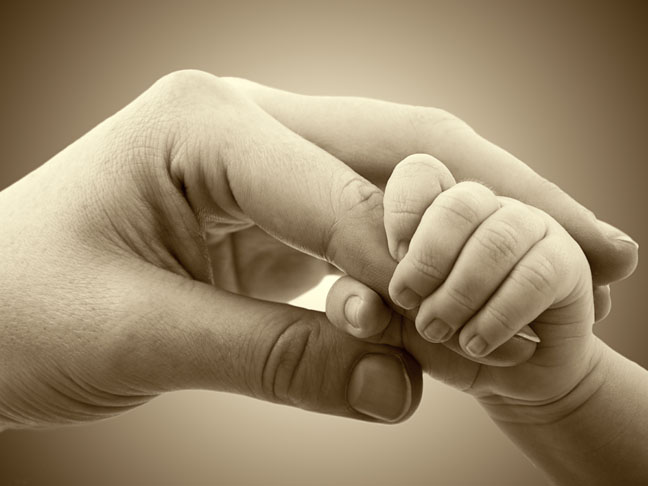 Graphic designer Juliana Finondo of Buenos Aires had a heart transplant in 1999, and although she was still hoping to have a child at age 39, her doctors warned her that a pregnancy would put extra strain on her new heart. Women have 40 percent more blood flow during pregnancy and the physicians felt this would be too great of a risk for any heart transplant recipient.
Graphic designer Juliana Finondo of Buenos Aires had a heart transplant in 1999, and although she was still hoping to have a child at age 39, her doctors warned her that a pregnancy would put extra strain on her new heart. Women have 40 percent more blood flow during pregnancy and the physicians felt this would be too great of a risk for any heart transplant recipient.
Additionally, patients who have organ transplants must take powerful anti-rejection medications for the remainder of their lives, and model careful habits: exercise moderately, eat healthy low-fat foods, and control stress to avoid putting unnecessary strain (potentially caused by pregnancy, for example) on their new organ. There is also worry for the baby’s long-term health as well, since the effects of the medications on the fetus are not yet fully understood.
Despite these challenges, Finondo remained determined and tried to conceive naturally, but with no success. She finally managed to convince her doctors to help her, and they formulated a careful plan that gradually weaned her off of the anti-rejection medications while adding in fertility drugs in preparation for IVF treatments.
It was a quick success when Juliana became pregnant after just the first IVF attempt. This determined mother gave birth to a healthy daughter on January 15, 2013, making her the first heart transplant patient to successfully give birth after IVF. One year later, Emilia and her mom remain in good health, Juliana got two miracles: a new chance at life, and the healthy child she so desperately wanted.








